November Unwrapped: Band, robots, research, mindsets and what to look forward in the future.
Welcome to another month in my life!
Hi, it is so nice to meet you/ see you again 😁! I am Giovana Ferreira, but you can call me Gio :) I am 16 years old, from Brazil (shout out to all Brazilian readers 🇧🇷🗣), and I am currently an Innovator at the teen accelerator program, The Knowledge Society (TKS). Being driven by curiosity and the pursue of greatness, I am thrilled to share my learnings, challenges, growth and successes with you. I have been exploring the applications of Artificial Intelligence in climate change and risk prediction. I love robotics, band, and emerging tech!
Highlights of the Month 🔦✨
Research Article 💻🧠
This month I published my first research article on leveraging machine learning and deep learning models for floods prediction.
Human activities have led to an increase in greenhouse gas levels. This surge contributes to the raising of Earth’s average temperature, therefore contributing to climate change. By disturbing natural processes, climate change has contributed to more frequent and severe extreme weather events, such as floods. These catastrophic events pose a significant and widespread threat to many populations globally, resulting in both loss of life and substantial economic damages.
One way to mitigate the problem with the loss of life, social calamity and economy damage, caused by floods, lies in machine learning techniques, such as deep learning. Machine learning is revolutionizing flood prediction by enabling the analysis of vast amounts of data to forecast future river stages and potential flooding. This technology can be a stronger ally in climate change mitigation by empowering decision-makers to proactively mitigate flood impacts, save lives and protect the economy.
Writing this article showed me the complexity behind all the algorithms that power models and techniques used in flood prediction, but also sparked my curiosity in better understanding these systems by building a predictive model! I think it is fascinating how it is possible to teach a machine how to learn from examples + help humanity with so many pressing problems such as mitigating the impact of extreme weather events such as floods and droughts and help millions of people.
Takeaways + Mindset ✍️
This was the first time I have ever wrote something like this, and throughout the writing process I faced difficulties and had to overcome them by practicing several mindsets. The most important one was “done is better than perfect”. I caught myself many times feeling like I would never get that done, because I always thought that my explanations and analyses could be better and more thorough, which was really overwhelming because I had to get the article done as soon as I could. The “done is better than perfect mindset” played a crucial role in putting my inner perfectionist to bed and making me think, “you know what? The only way for me to keep moving forward and improving is to publish this, and the results/ feedback will show me how I can improve”.
If I kept adding things to my article and never publishing it — trying to make it perfect — I would get neither the bad nor good results, I would just be stuck; and if there is one thing this mindset taught me is that we need to embrace our mistakes, and as weird as it may sound, we should be looking forward to fail as quick as possible, because we learn from our mistakes. Don’t get me wrong, I am not saying that we shouldn’t have high standards. What I am saying is that the fastest way to improve is first of all by learning what we should improve on, and in order to figure that out we need to take action, put ourselves out there and take risks!
A big shoutout to my TKS director,
, for his coaching, unwavering support, and valuable feedback. His guidance has been instrumental in keeping me from getting stuck, and consistently reminding me of the importance of maintaining this critical mindset!Done > Perfect 🎯
Done is better than perfect, but don't do something just for the sake of it. Strive to do your best and have high standards, but that means doing what is in your control, the outcome, which may not be perfect, is not under your control.
Don't overthink and fail fast - self -improvement lies on the mistakes we make.
Value your work based on the amount of effort you put in and tolerate the imperfections - forgive yourself when things don’t go as expected.
Closing of Marching Band Season 🎵🥁😭
On November 11th, the Ayer Shirley Marching Band officially concluded its season at the Thanksgiving football game. It marked the final opportunity to showcase our show, "A Pirate’s Life for Me." The moment was truly unforgettable. Being a part of the marching band, playing alongside so many incredible individuals, made it an immensely enjoyable experience. From enduring the scorching sun during band camp rehearsals to braving the freezing fall-to-winter weather outdoors, we shared countless laughs and cherished moments. Competitions were filled with a mix of a nerve wracking feeling before stepping onto the field and the pride of lifting our shakos high after each outstanding performance.
Robotics 🤖
I am in the FIRST robotics team, Andromeda One 4905. Here is my favorite event of the month:
On November 29th, some members of our team with team Ultraviolet and our robots had the opportunity to go to the MA State House, in order to meet with our legislators to talk about the benefits of supporting the robotics grant bills H.577 and S.360 (which were written by an alumnus from our team) and the importance of STEM education!
We also had the opportunity to visit the House of Representatives Chamber!
Skills + Mindsets of the Month 🧠💡
Boss Mentality 🦄
“Boss mentality is acting how you know you would be acting at 30, right now.”
This mindset is all about being the most legit and authentic version of yourself. Here are some ways I practiced the mindset (and you can too 😉).
Boss mentality is about...
Not changing yourself for others - don't be a people pleaser.
Owning your opinions - have informative opinions.
Walking into a room thinking no one else in that room is better than you.
Seeking understanding - ASK QUESTIONS.
How to practice boss mentality:
Show you're open to discussion - have an open body posture.
Eye contact.
Smile is the biggest hack.
Avoid filler words!
Never, never, never be afraid of asking questions. That is how you learn and improve!!
Throughout this month I really tried to practice this mindset by asking questions whenever I needed clarification — that being in class or in meetings, and the key is to understand that asking questions will help you gain understanding and help with your own growth, what others are going to think is the last thing you should to worry about — what others think it is not under your control.
This mindset also helped me speaking with more confidence in group discussion, presentations and also when expressing my opinions.
How I am going to keep practicing:
In December I am going to push myself really hard to outreach to more people. One of the things that held me back was thinking that I didn’t know enough to speak to them — I almost felt that I wasn’t “qualified” enough. Using the boss mentality mindset, I am going to shift this idea, by remembering myself that their time is just as valuable as mine, I just need to be really intentional and show up prepared to make the most out of the opportunity. The worst thing that could happen is me receiving a “no”.
MECE Thinking - Thinking like a Consultant
💡 Mutually Exclusive Collectively Exhaustive
MECE Thinking
What is MECE? | Consulting Principles | Management Consulted
MECE Principle - A Structured Approach to Problem Solving - 2020Shift
MECE thinking consists of breaking down factors, investigating, and looking for the best solution that causes impact, it is scalable, affordable, and has demand.
It is about breaking the challenge down into categories, understanding the parts that make the problem up, and coming up with ways/categories to solve the problem.
To apply MECE thinking you need:
Problem first approach > Solution mode
Ask your assumptions.
Understand the main question.
Constantly clarify your understanding.
Be intentional about the questions you ask.
I got to practice this technique in sessions with other TKS students and it was really challenging. With limited time, we had to analyze the problem by understanding different categories and deliver the best solution we could. But this is a great skill to have which is going to be really useful in future challenges and basically in every real-life situation that requires problem solving.
Meeting with Incredible People🙋♀️💖
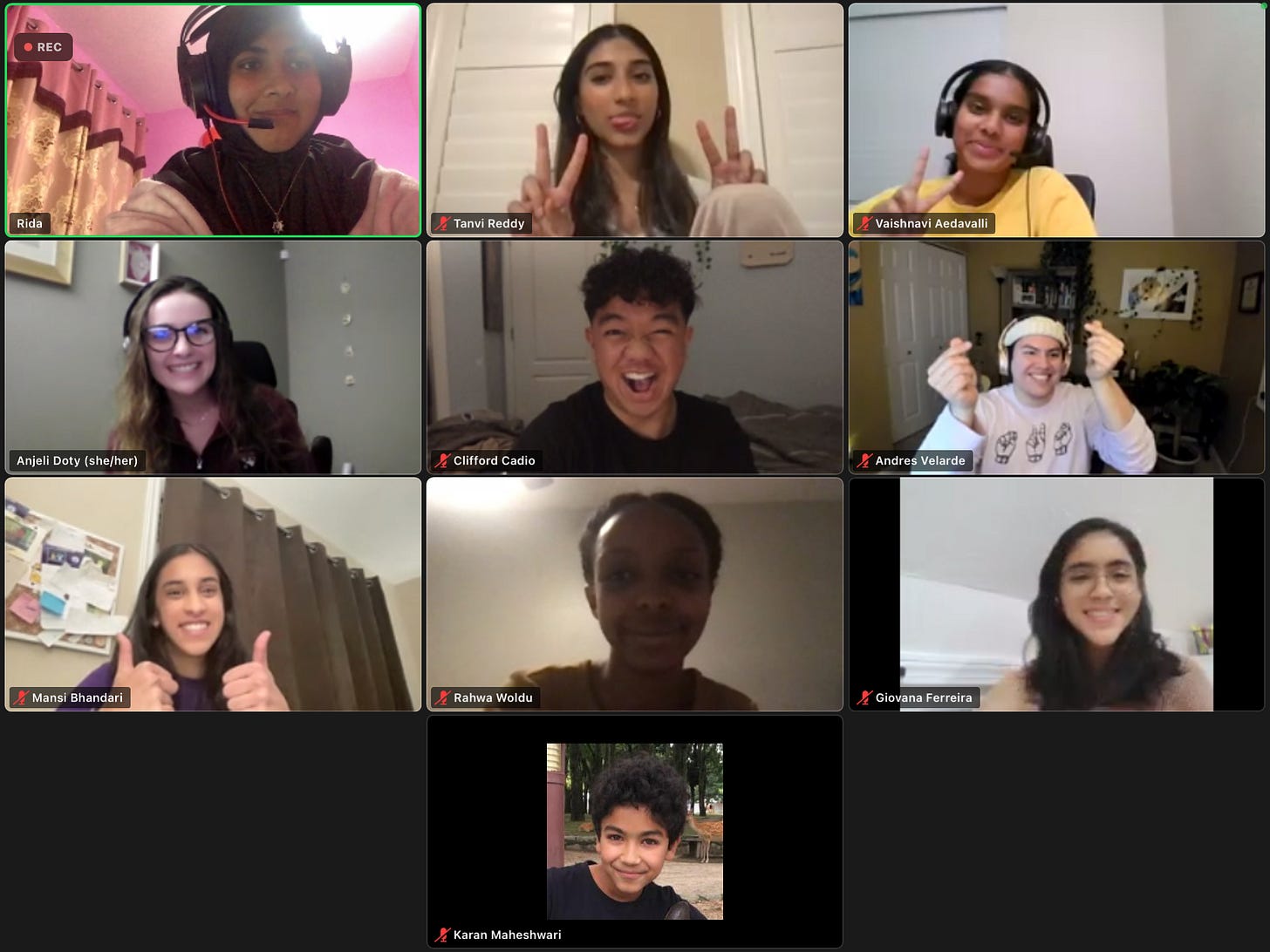
*Note for myself: Remember to take screenshot of these awesome meetings 🥲
Shoutout to
, , and for being great accountability partners!Check out their Substack profiles:
, .Monthly Goals Recap 🗓️
Publish research article ✅
I got it published on 11/11 though.
Start working on building an AI predictive model ❌
My October’s newsletter was published on 10/31 and I started researching what project I wanted to do on 11/20. I found the project I wanted to work on and since then I have been exploring and figuring out how to do it.
I did not cold outreach 100 people. Now I can see how unrealistic that goal was. Reality → I outreached to one person - a google researcher who I hope could be a possible mentor.
I wasn't too specific on how I wanted to improve my time management skills nor how I wanted to set up smarter goals.
I explored and learned about two new topics → Nanotechnology and Material Science
Takeaways ✍️
Be specific when setting up goals, for example instead of just saying I am going to do something, also explain what actions I am going to take in order to accomplish something and make that time bound.
Have committed goals and aspirational goals.
What I am Going to Do Differently
Opting to journal in the evening before bedtime rather than the morning will allow me to start each day with pre-established plans, reducing stress. This practice ensures that upon waking, I have a clear understanding of my goals, priorities, and intentions.
Every end/start of a month I will write down all my monthly goals and organize them in my Google Calendar in a way I can see the start dates and end dates for each goal/task. My goal by doing so is making sure that I don’t lose sight of what I want to accomplish by the end of the month, have me follow deadlines and plan my weeks accordingly to what I want to accomplish.
I will use the Eisenhower Matrix every Thursday night to plan the following week, in order to see what my priorities are. I will also use this matrix whenever I feel lost and don’t know exactly what to do first (e.g. when I have multiple school assignments).
Action Items ✅
Cold outreach 60 people in the AI field/ or other industries by the end of the month (outreach to 15 people per week).
Read every day for 20 minutes.
Finish my personal project (building a weather predictive model) by Dec 23.
[ ] Dedicate at least 1 hour to work on my project every day.
Every Thursday night - plan my week using Google Calendar and the Eisenhower Matrix (and take screenshots) - 45 min.
Journal every night - 15-20 min.
Explore three new emerging technologies by the end of the month.
Create a personal website by Dec 16th.
Throughout the December, I will be experimenting with my time and energy management and by the end of the month I hope to share some good insights and my growth with you.
Thank you for taking the time to read, see you soon 💌!




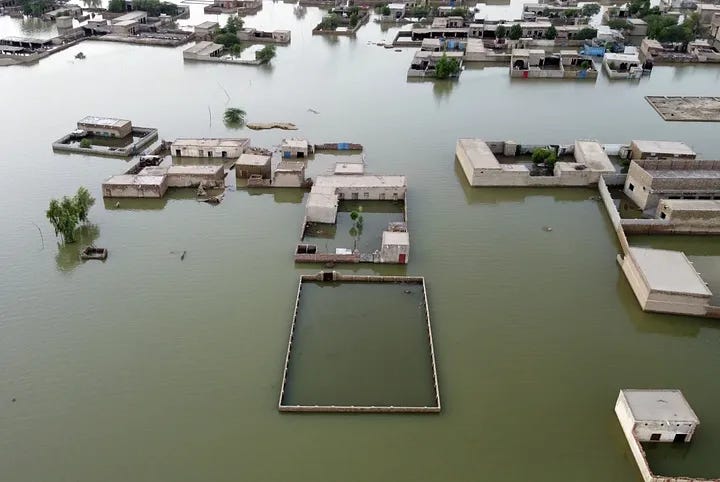
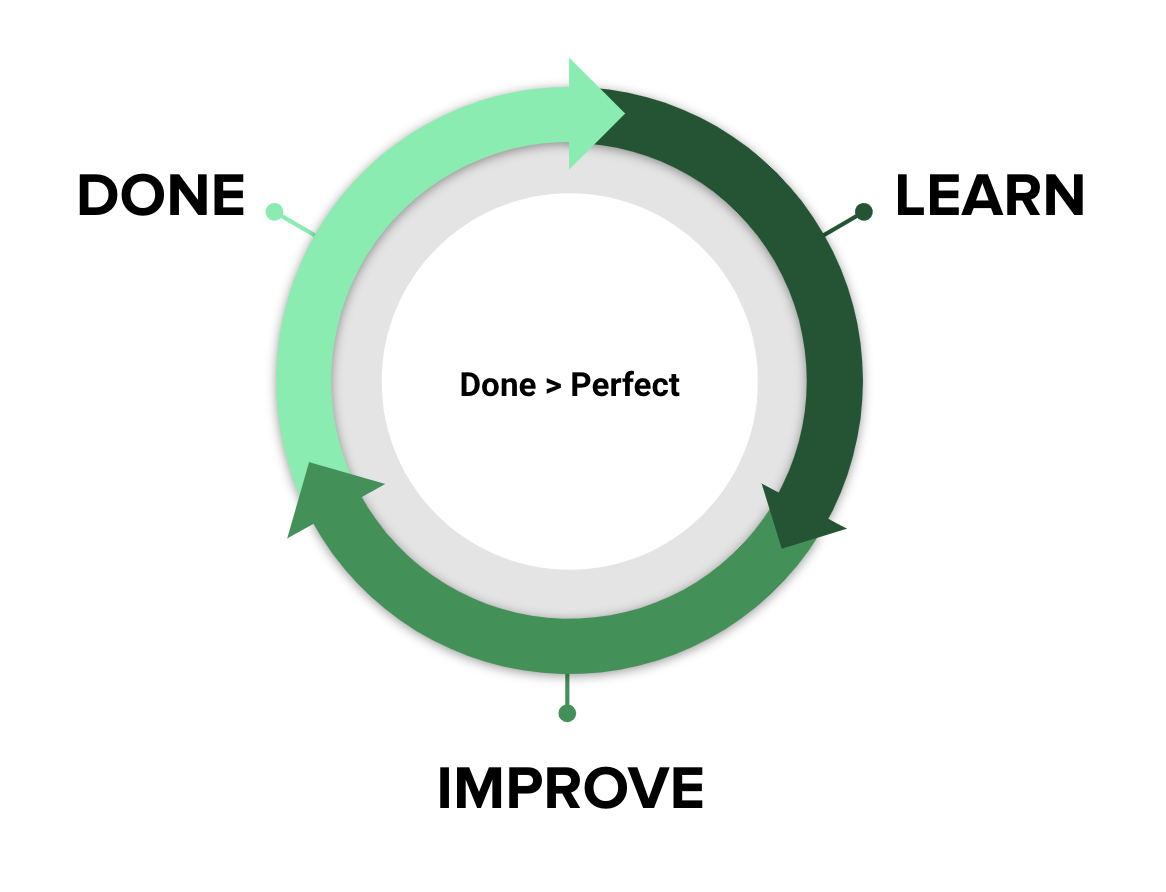
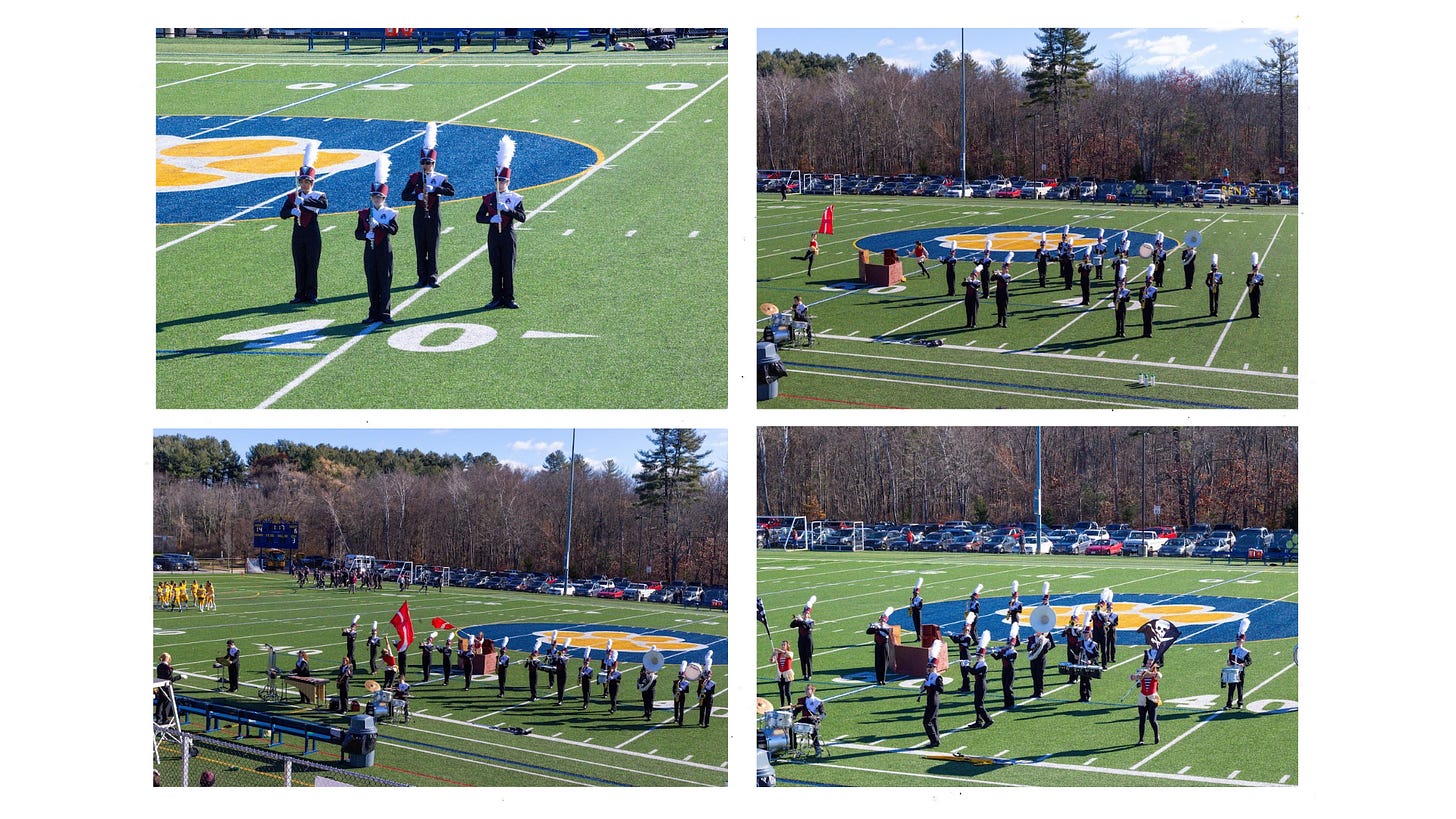
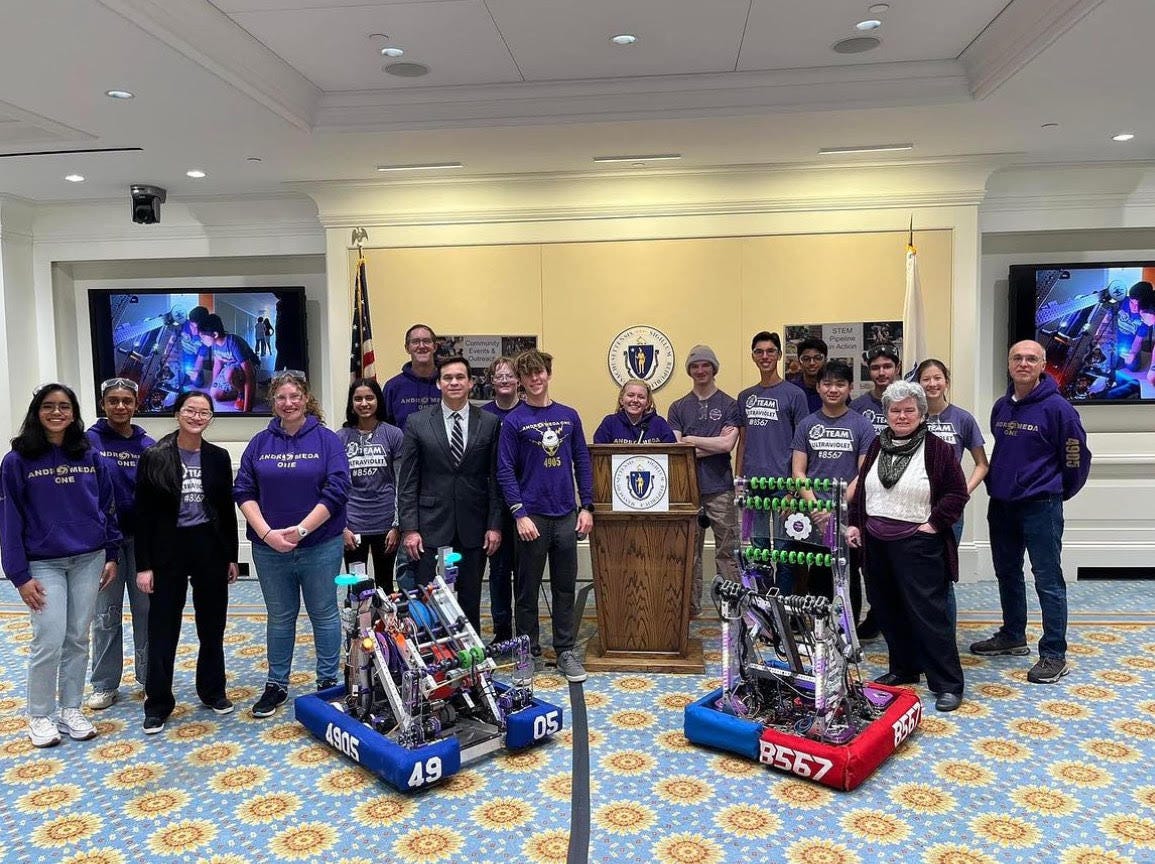
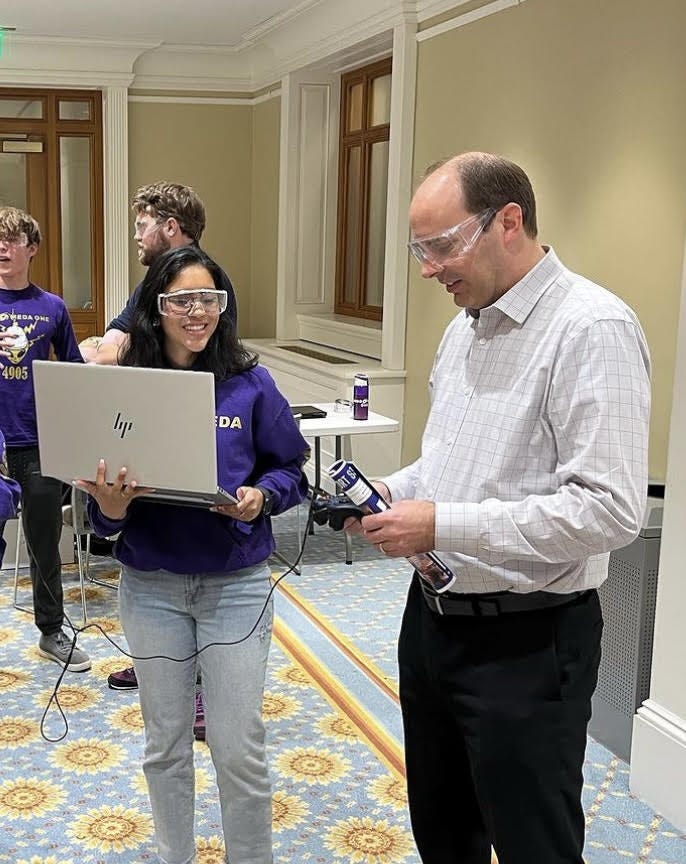



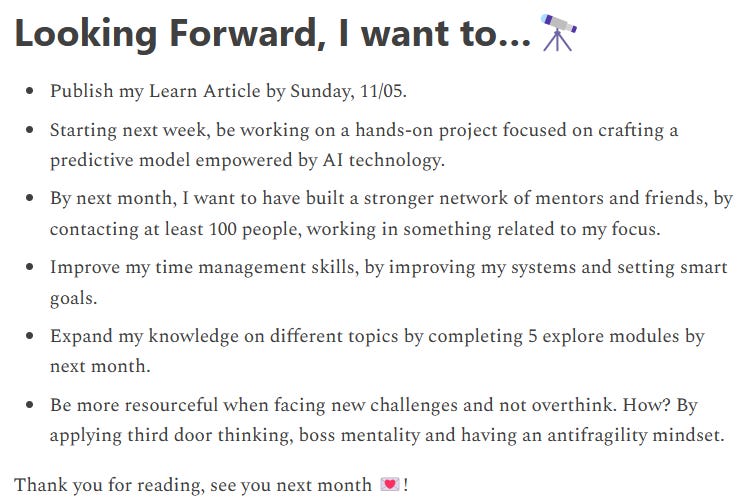
love this :) goo Gioo!!
love the newsletter and the depth of your explanations <3